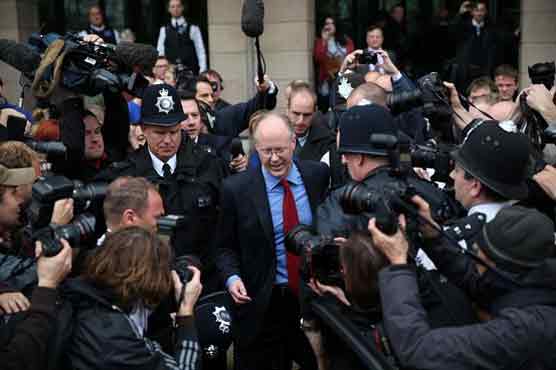BBC abuse scandal clouds incoming NYT boss

The New York Times is on the defensive about his final days as head of the BBC.

The New York Times is on the defensive about his final days as head of the BBC.